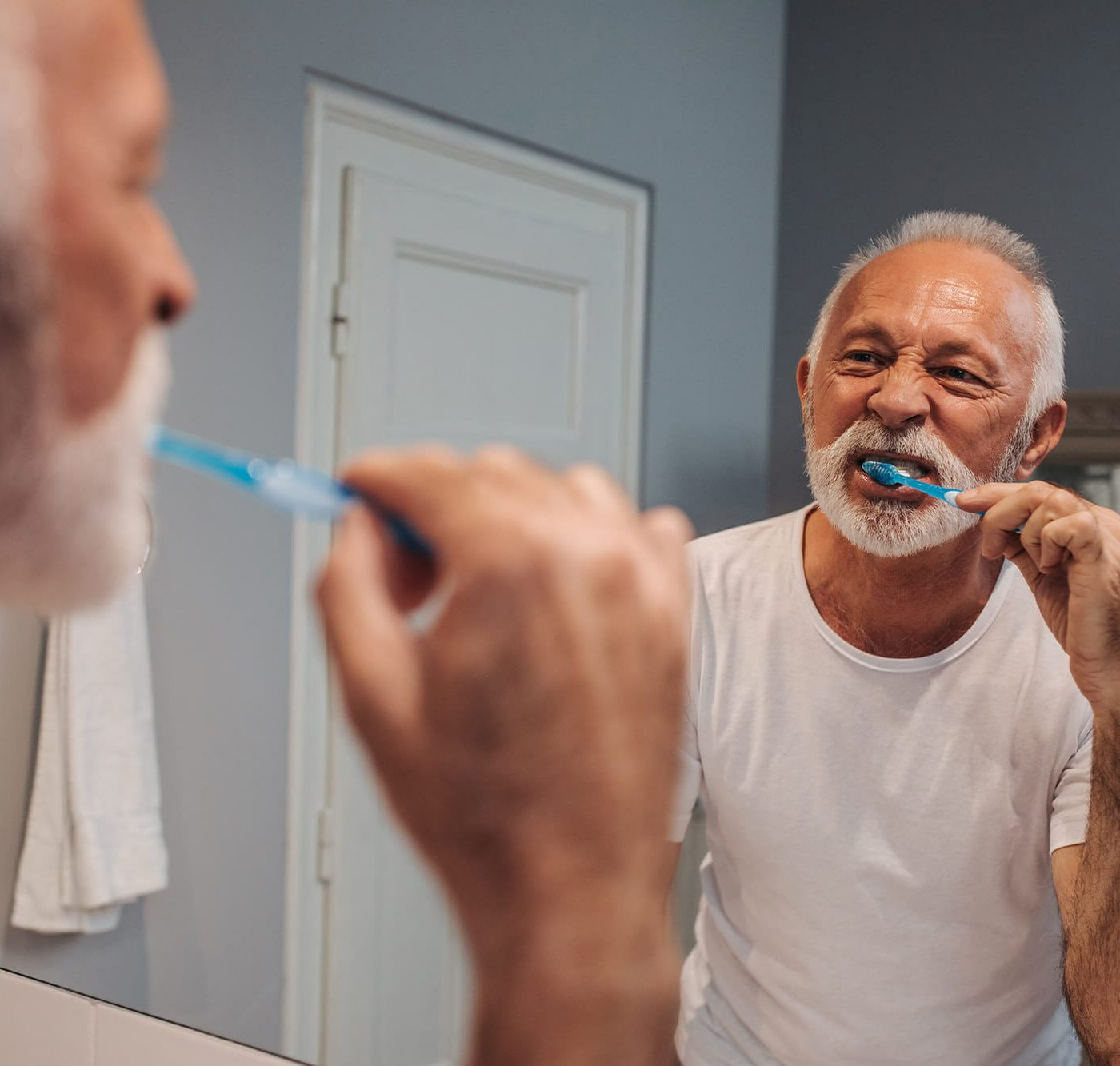How poor dental health may leave you at a higher risk for Alzheimer’s disease
Tags
DementiaInterviews

Dr Amanda Tavoularis is a leading dental professional, and has been a a general dentist for 15 years. She is a member of the American Academy of Cosmetic Dentistry, American Dental Association, Washington State Dental Association, Seattle Study Club and the Snohomish County Dental Association, and a regular contributor to dentably.com
Dental care is extremely important at any age. A daily oral care routine and regular trips to the dentist are vital to our dental and overall health. But, alarmingly, recent studies have shown there may be a link to poor dental health and Alzheimer’s.
I’ve been practising dentistry for more than 20 years and work with my patients to have the best dental health which could reduce their risk of developing Alzheimer’s disease. Today we’ll dive into the link between dental health and Alzheimer’s and talk about ways to have a healthier mouth.
The link between poor dental health and Alzheimer’s disease
In the past few years, studies have been released showing a link between Alzheimer’s and poor dental health. There is strong evidence gum disease may be the culprit behind this link. If you have poor dental health, your chances of developing gum disease are high and a bacterium found in gum disease, Porphyromanas gingivalis, has been found in those who suffer from Alzheimer’s.
This evidence is fairly new, so more research needs to be done about the link between gum disease and Alzheimer’s. Especially since Alzheimer’s disease is linked with many other conditions, not just gum disease. However, working towards having a healthy mouth and preventing gum disease could help reduce one’s risk of developing Alzheimer’s.
Regular dental visits
One of the best ways to take care of your dental health is by regularly visiting the dentist. You should be visiting the dentist once every six months for regular cleanings and exams. When you visit the dental office, your dentist will be able to check and see if you may be at risk for gum disease and help discuss treatment plans with you if needed.
It can be discouraging to visit the dentist and learn you’re suffering from gum disease or at risk of it. However, there are ways to treat and manage your gum disease and therefore possibly reduce your risk of developing Alzheimer’s. Your dentist will be able to schedule an appointment with you to remove plaque and bacteria. In more severe cases you may need to be put on antibiotics or undergo a more intense dental procedure to ensure all the bacteria are gone.
An at-home oral care routine
It’s also extremely important to practice an effective oral care routine every day. This is one of the best ways to prevent gum disease and potentially reduce your risk of Alzheimer’s. Your daily dental routine should consist of brushing twice a day, flossing once a day, and regularly using an antimicrobial mouthwash. This is the best way to keep your teeth and gums strong and healthy.
Another way you can take care of your mouth at home is through your diet. To avoid tooth decay and gum disease, limit how much sugary foods and drinks you take in. Sugar can quickly lead to tooth decay and gingivitis so it’s important not to have it in excess. Also, be sure to eat foods high in vitamins and nutrients to keep your mouth and your body healthy.
It’s extremely important you work to prevent any oral issues to likely reduce your risk of developing Alzheimer’s disease. The best way to have a healthy mouth is by having a good oral care routine and regularly visiting your dentist. Alzheimer’s can be a devastating disease, and with a possible cause being poor dental health, it’s important to do what you can to prevent it.
This interview was part of a series brought to you by Elder, the company who can take care of all your loved one’s live-in care costs. Whether you are looking for live-in carers in London or require assistance in another part of the country, Elder will ensure that all of your care needs are taken care of.
Read our latest interviews
Browse our latest interviews, and research on elderly living, from leading national experts.